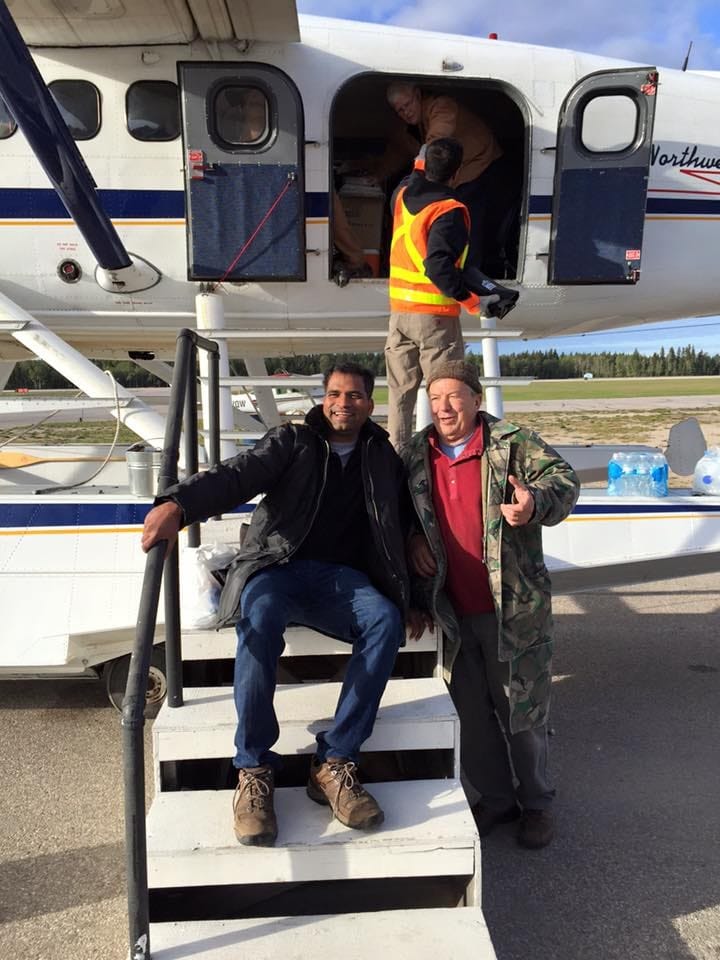
‘From the bottom of my heart’
Part Two
Priests leaving the archdiocese this summer reflect on their ministry in the Peace Country
This summer will be a season of big changes for several parish communities in the archdiocese.
Due to our reliance on priests from religious orders, it is common that some priests are transferred after a period of time ministering in our region. Between June and September of this year there are five religious priests leaving our archdiocese. It is a significant loss that will also mark the arrival of new pastors in our region and other changes over the coming months.
Northern Light interviewed each of these departing priests, asking them to reflect on their ministry in our archdiocese and to offer some words of farewell for the communities they served. Read part one here.
Part Two:
The Chicken Father
This theme of the Paschal Mystery is surely something all of our departing priests can identify with, as they bid farewell to their lives of ministry here and look towards their new lives elsewhere.
Fr. Antony Iruthayam, HGN will be particularly making a drastic change, leaving the isolation and cold of northern Alberta and returning to his home country of India, where he will take on a new role as an administrator with a Catholic school there.
As Fr. Antony looks back on his ten years in our archdiocese, he can still recall the cold -28 degree temperatures he experienced the evening he arrived in Canada. When the plane landed and the pilot announced over the intercom the current temperature in Grande Prairie, Fr. Antony struggled to even imagine what this weather was going to feel like.
“I came from India, a world of +40 degree weather and so on. So all I could think was ‘What is -28? What is that? I can’t imagine it.’ When I got out of the plane I had no proper jacket for this kind of weather, so it was a major culture shock. My first thought was ‘My God, how do people live in this country?’”
However, in time, Fr. Antony was able to adjust to even the most extreme of cold weather conditions, and he soon discovered that, indeed, people can live in such an environment.
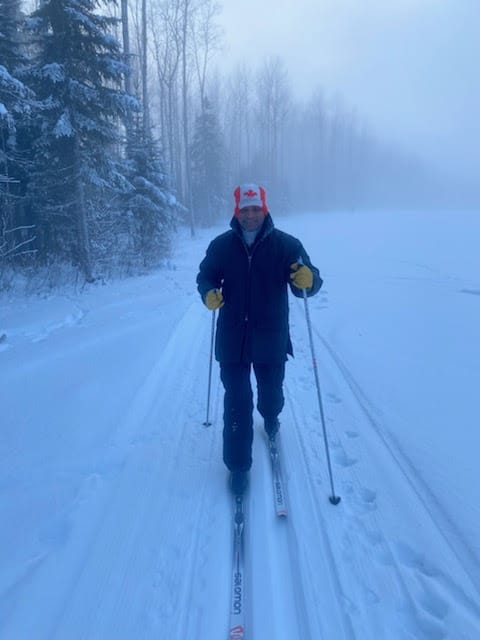
“Slowly, slowly, I was culturized and climatized,” said Fr. Antony.
“The first big factor was the bishop – he was so kind and you could tell he really cared for his priests. And the parishioners of my first parish here in Sexsmith were very loving people. People will warn you about racism and all these things, but I never experienced any racism here. I felt at home and welcomed. Without that, I don’t know, maybe I would have been looking for a way to get back to India because of those cold temperatures.”
But the cold temperatures were only the first challenge for the Indian priest. Learning to drive, particularly in the harsh conditions of winter, was a steep learning curve. Fr. Antony admits that, in the early months of his missionary life in Canada, there were a few times he ended up in the ditch.
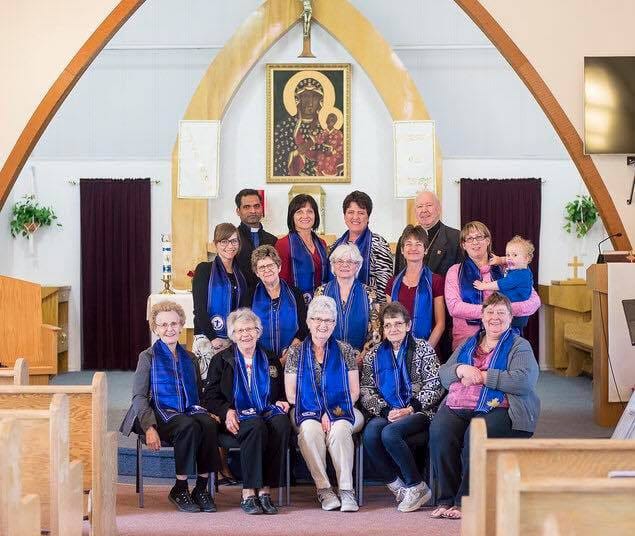
“Once, on the way to Bezanson for Mass, I ended up sliding into the ditch and a parishioner had to come pick me up,” he recalled. “Because of this I became afraid of winter; whenever winter came I was worried about having to travel any long distances. That was one of my biggest struggles. Especially when I came to Wabasca, if I wanted to get groceries, I’d have to travel all the way to Slave Lake. To celebrate Mass in my mission church in Calling Lake, it was a 120-kilometre drive with many hills and no cell phone service.
“Though there was some scary moments, I didn’t end up in the ditch during my time in Wabasca. So maybe I learned how to be a good driver,” Fr. Antony added with a laugh.
Despite the anxieties caused by the long winters and icy roads, Fr. Antony looks back on his ten years with many fond memories. He spent his first years in the archdiocese as the parish priest in Sexsmith and Bezanson, beginning in August 2013, before going to serve Wabasca and Calling Lake in 2016, where he will remain until this September. He has garnered many strong friendships through his time as pastor. With Wabasca parishioner Ron Major, he got to partake in many hunting and fishing trips across the region – even as far as the Northwest Territories.
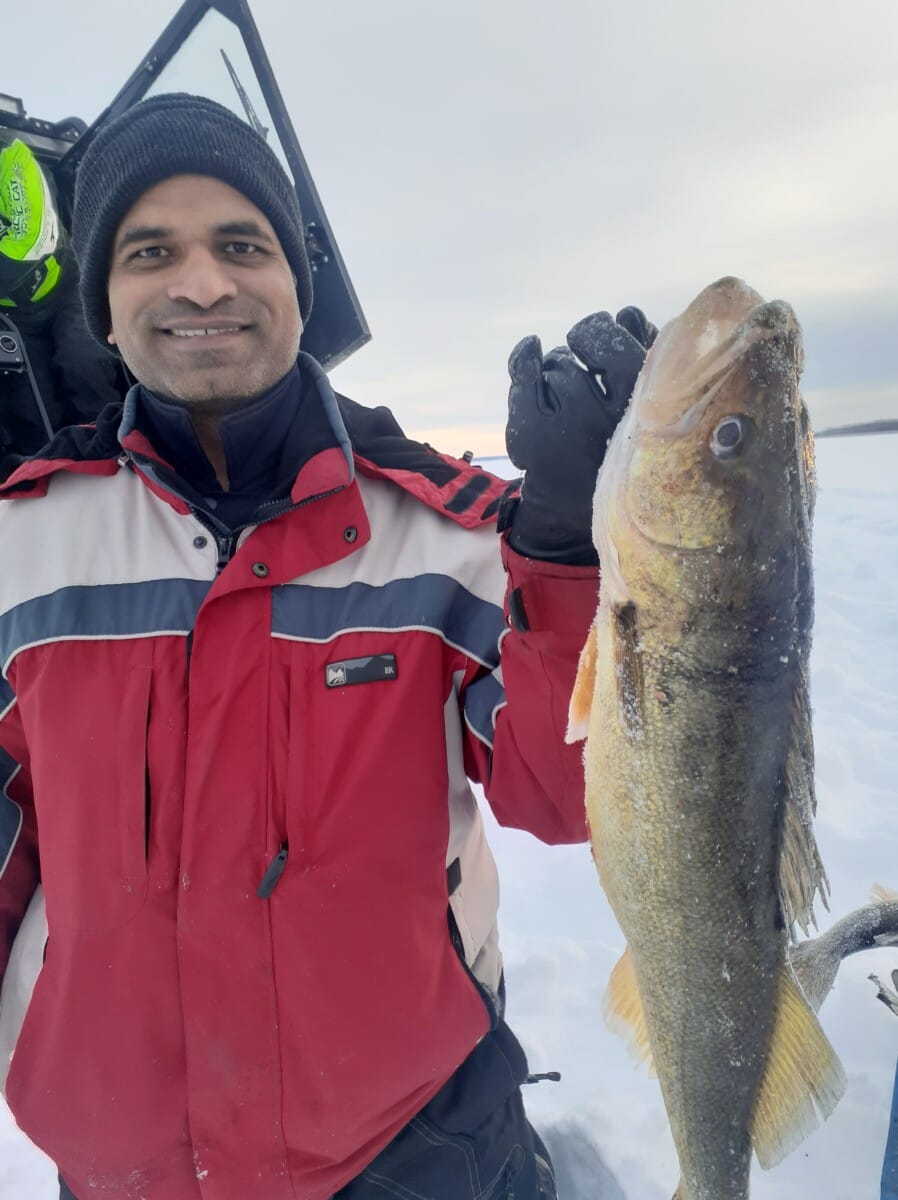
One of the most unique parts of Fr. Antony’s missionary life here was his decision to raise chickens alongside his priestly duties. Shortly after he arrived in Wabasca, a very rural and isolated community with much open land, Fr. Antony sought permission from the local band council to raise chickens on his property. From 2017 until this past winter, Fr. Antony raised a multitude of chickens and roosters near his parish and rectory – at one time even keeping the chickens in the basement of the church. This earned him a reputation around Wabasca as the “chicken father”.
“When I go to funerals, to community programs, anywhere – the first thing people ask me about is my chickens. That’s how people know me here,” he said. “It was lots of fun, though it came with complaints too. I had a rooster, and here in the north the sun is already rising by 3 am or 4 am in the summer, so that’s when the rooster is starting to crow.
“My neighbours would call me saying, ‘Father can you shut up that rooster because he is disturbing our sleep!’”
When wildfires threatened Wabasca in 2019, Fr. Antony was evacuated from his home for several weeks. He asked the firefighters staying in the area to take care of his chickens and welcomed them to take any eggs they would like for their breakfasts. However, when he returned home, Fr. Antony found the firefighters had not taken up his offer, and he had over 100 eggs nesting on his property. He decided to gather all of these eggs and distribute them to the parishioners and families of the area, who were very pleased to receive them.
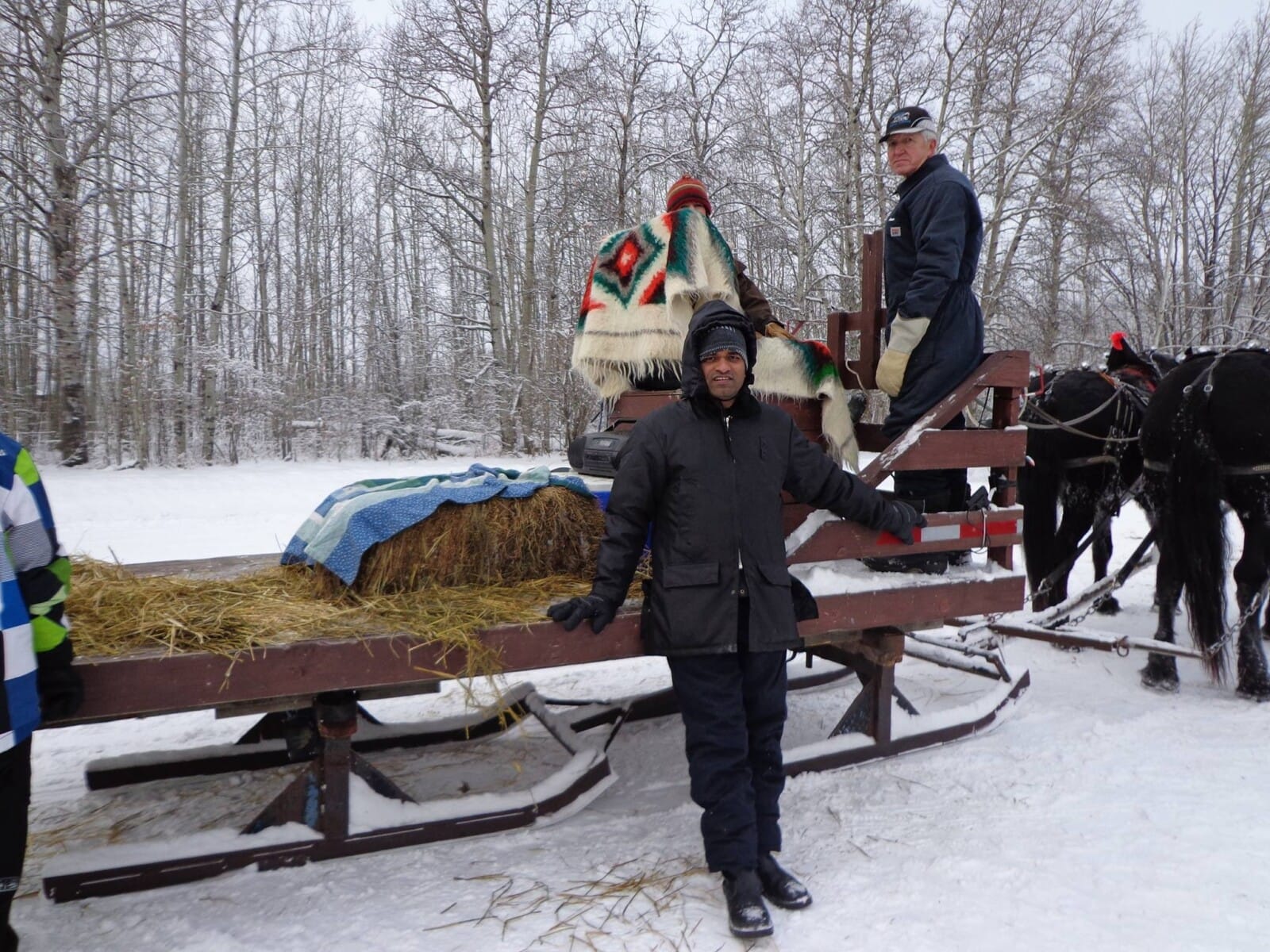
This is only an excerpt. Read the full story in the July-August 2023 edition of Northern Light